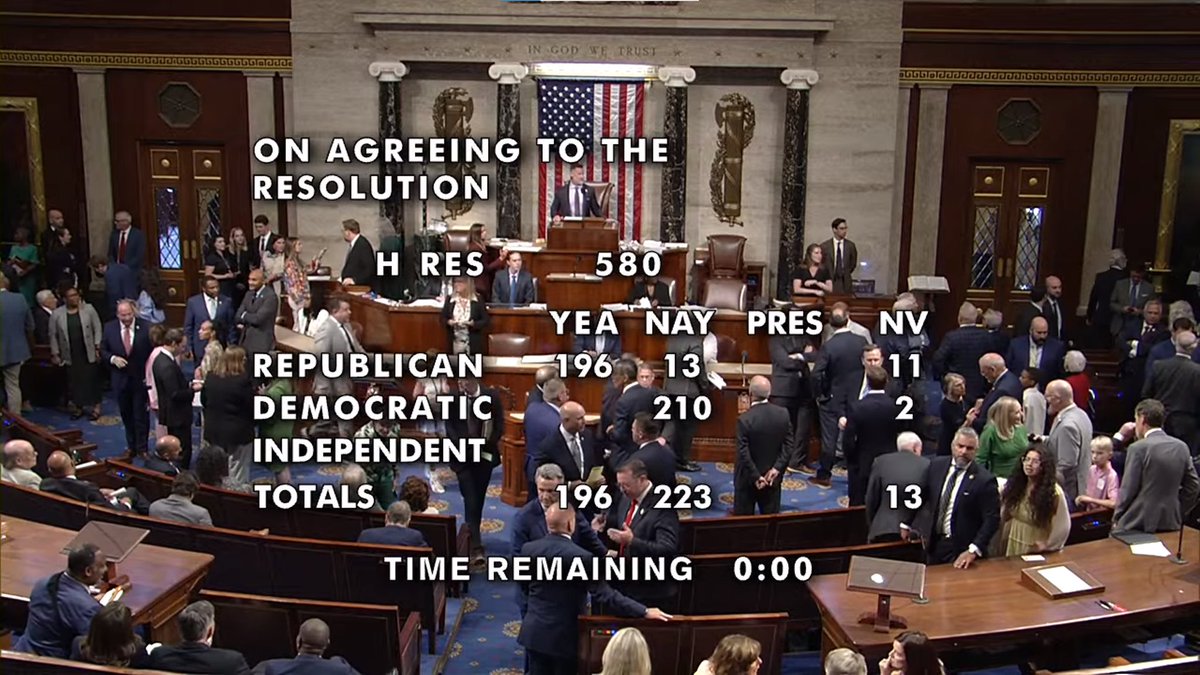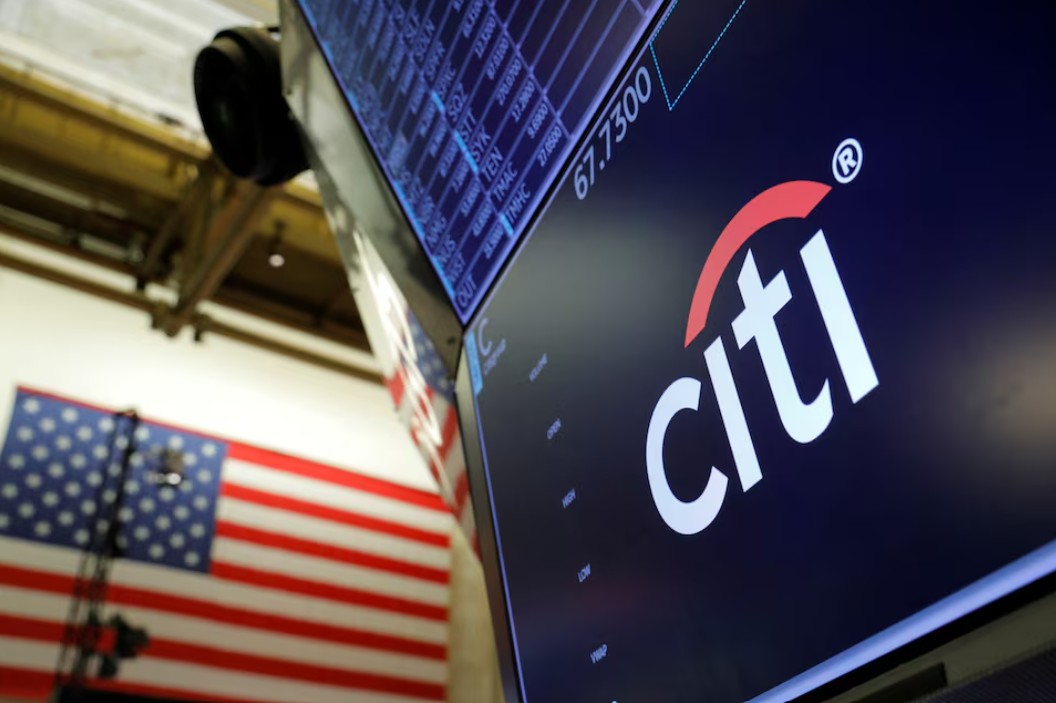Source: CentBit.Online – Crypto & Blockchain Expert Bangladesh
In a landmark moment for the future of digital assets in the United States, the House of Representatives recently witnessed a significant split as 210 Democrats and 13 Republicans voted against the advancement of three major crypto-related bills: the Crypto Genius Act, the Clarity for Digital Assets Act, and the Anti-CBDC Surveillance State Act. Despite opposition, the bills managed to progress due to a strong Republican majority backing the proposals.
Overview of the Bills
-
Crypto Genius Act
Designed to foster innovation, this act would streamline licensing for blockchain startups, reduce regulatory friction, and provide tax incentives for crypto-related R&D. It aims to solidify the U.S. as a global leader in blockchain technology. -
Clarity for Digital Assets Act
This bill seeks to provide a comprehensive legal framework distinguishing cryptocurrencies as commodities or securities, removing the longstanding ambiguity that has hampered the crypto industry. It also proposes clearer guidelines for stablecoins and DeFi platforms. -
Anti-CBDC Surveillance State Act
Perhaps the most controversial, this act aims to ban the Federal Reserve from issuing a central bank digital currency (CBDC), citing privacy concerns and fears of governmental overreach. Supporters argue a CBDC could enable state surveillance of private financial activity, while opponents claim it undermines future digital infrastructure.
Political Breakdown
The House vote displayed sharp partisan divisions:
-
Against (Total: 223)
-
Democrats: 210
-
Republicans: 13
-
-
In Favor (Total: 211)
-
Republicans: 201
-
Democrats: 10
-
This divide highlights the growing ideological contrast over crypto regulation. Most Democrats expressed concern over potential financial instability, environmental impact, and risks to consumers. Meanwhile, Republicans largely supported the bills, framing them as essential to American innovation, individual privacy, and economic freedom.
Industry Reactions
The crypto community has responded with mixed reactions:
-
Proponents hail the advancement as a victory for innovation and financial freedom, particularly praising the pushback against a U.S. CBDC, which they view as a tool for government control.
-
Critics, including major U.S. regulators and several Democratic lawmakers, warn that limiting CBDC development could set back digital currency research and hurt the U.S. in global fintech competition.
Michael Saylor, Executive Chairman of MicroStrategy, posted on X (formerly Twitter):
“The future belongs to decentralized money. Killing CBDCs and giving clarity to Bitcoin is how we win the 21st century.”
Meanwhile, Senator Elizabeth Warren criticized the legislation, stating:
“This Republican crypto package opens the door for money laundering and removes protections for everyday investors. We cannot let Big Tech and Big Crypto write the rules.”
What’s Next?
Although these bills cleared the House, they still face a steep climb in the Democrat-controlled Senate, where skepticism around cryptocurrency remains strong. Any final approval will likely require bipartisan negotiation and significant amendment.
Nonetheless, this vote marks a turning point in U.S. crypto policy, indicating that digital asset legislation is finally becoming a central issue in American politics—just in time for the 2026 midterm elections.
For continuous updates on global crypto legislation and market trends, stay tuned to CentBit.Online – Crypto & Blockchain Expert Bangladesh.





